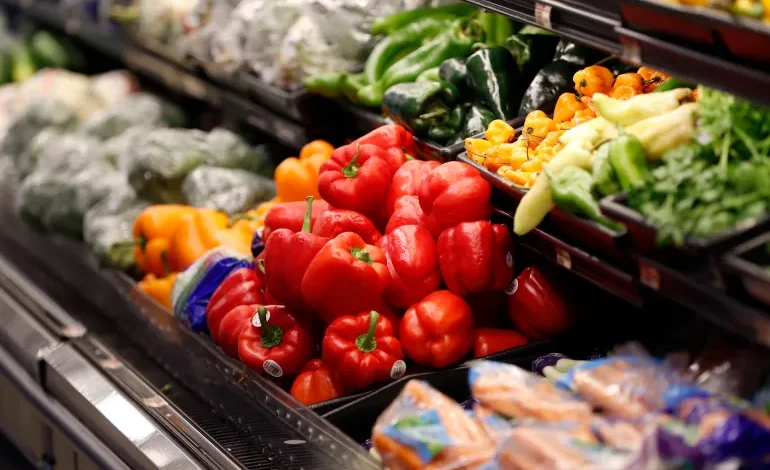Cars to fruit: The goods set to get pricier under Trump’s tariff plans

United States President-elect Donald Trump has pledged to impose tariffs of 25 percent on Canadian and Mexican imports, and an “additional” 10 percent tariff on Chinese goods as soon as he takes office in January.
Trump, who announced the plans on Monday on his social media platform Truth Social, said the measures were in response to Canada and Mexico’s failure to keep undocumented workers and drugs from flowing across the US border.
He said the additional tariffs on China were a response to the flow of drugs, in particular, the deadly opiate fentanyl, into the US.
The three countries are the US’s largest trade partners, accounting for 43 percent of imports last year worth more than $1.3 trillion, according to the US Census Bureau.
Economists say the tariffs will lead to higher prices of numerous goods in the US, particularly if the measures lead to an escalating war of tit-for-tat trade restrictions among the countries.
Higher prices at the grocery store would come as Americans are already concerned about the cost of groceries following a spike in prices in the fallout from the COVID-19 pandemic.
An Associated Press survey of US voters in November found that 9 in 10 felt “very or somewhat concerned” about the cost of groceries.
Here are some of the main goods that are likely to get pricer under Trump’s proposals.
Vehicles
North America’s auto industry is a highly integrated enterprise as a result of the North American Free Trade Agreement (NAFTA) and its successor the United States–Mexico–Canada Agreement (USMCA).
Nearly one-quarter of all new vehicles sold in the US in 2023 came from either Mexico or Canada, according to the data analytics firm GlobalData.
In many cases, vehicles move across borders several times before they are finally sold in the US.
Vehicle exports are a huge part of Mexico and Canada’s trade with the US.
Of the $480bn in goods imported by the US from Mexico last year, $130bn was made up of vehicles and vehicle parts, according to UN Comtrade data.
Canadian vehicle and vehicle part imports to the US were worth $56.35bn – second only to energy – according to the same dataset.
The average price of a new vehicle in the US was just north of $48,000 in November, according to Cox Automotive, and analysts say prices could rise by as much as 10 percent.
Some of the companies likely to be most severely affected include Stellantis and General Motors, which import 40 percent and 30 percent, respectively, of all vehicles sold in the US from Canada and Mexico.
The companies own popular brands in the US such as Chevrolet, GMC, Chrysler, Dodge, Jeep and Ram Trucks.
Ford, Volkswagen, Honda, Nissan, Toyota, Mazda and Kia – all of which have factories in Mexico – would also be affected.










